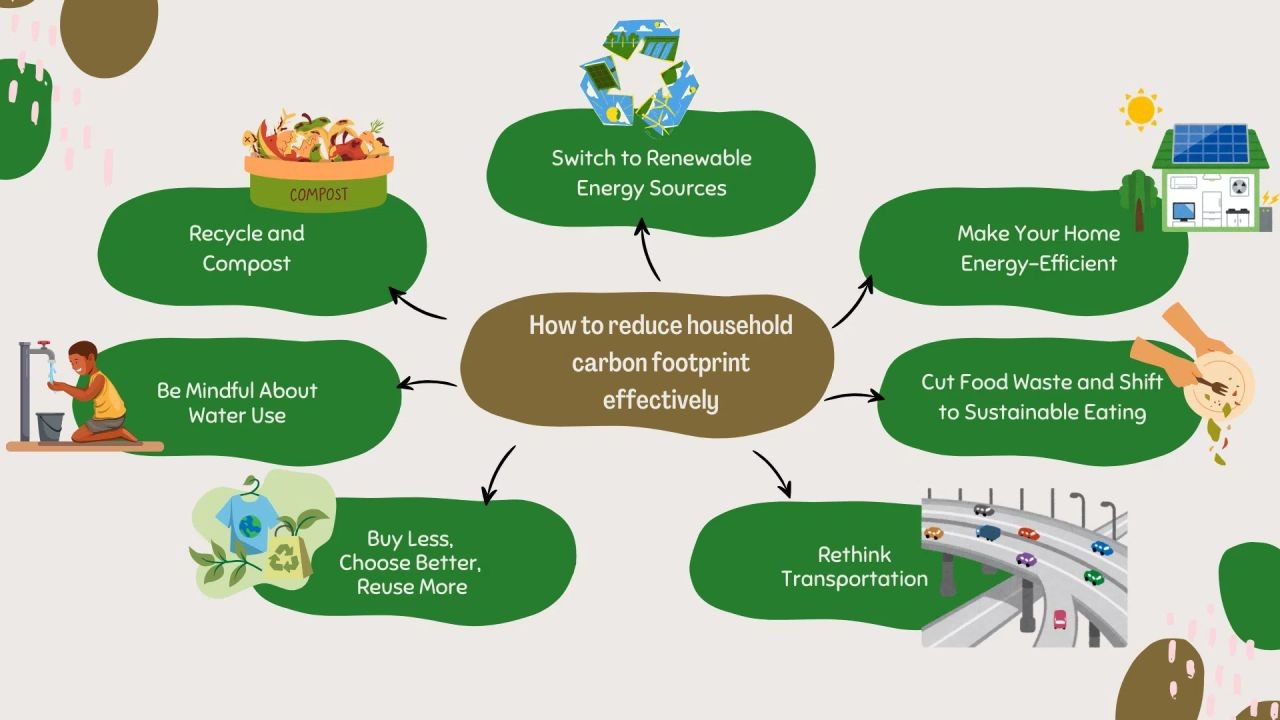Artificial Intelligence (AI) is revolutionizing industries worldwide, and New Zealand is no exception. As the real estate market continues to evolve, the integration of AI offers unprecedented opportunities for building a sustainable brand. In a country where property prices have surged by over 27% in recent years (Stats NZ, 2024), leveraging AI tools can mean the difference between staying relevant or becoming obsolete. This article explores how AI can help real estate experts in New Zealand build a lasting brand, offering data-driven insights and actionable strategies.
How It Works: A Deep Dive into AI and Branding
AI technologies facilitate brand building by automating processes, analyzing vast data sets, and generating actionable insights. In real estate, AI can streamline property management, enhance customer interactions, and optimize marketing strategies. For instance, AI-powered chatbots are increasingly used to manage client inquiries efficiently, enabling real estate agents to focus on more complex tasks. Moreover, AI-driven analytics tools help identify market trends and consumer preferences, providing a competitive edge in New Zealand's dynamic property market.
AI in Predictive Analytics
Predictive analytics, a key AI capability, allows real estate professionals to forecast market trends and make informed decisions. By analyzing historical data and current market conditions, AI can predict property value fluctuations and identify investment opportunities. This is particularly crucial in New Zealand, where regional property markets can vary significantly. For example, Auckland's housing market differs from that of Wellington, requiring tailored strategies to maximize ROI.
Enhancing Customer Experience
AI technologies can significantly enhance customer experience, a vital component of brand building. Personalization algorithms tailor recommendations to individual clients, improving engagement and satisfaction. In New Zealand, where customer expectations are high, delivering a personalized experience can differentiate a brand from competitors. AI tools such as virtual tours and augmented reality can also offer potential buyers an immersive experience, increasing the likelihood of a sale.
Comparative Analysis: AI's Impact on New Zealand vs. Global Markets
While AI is transforming real estate globally, its impact in New Zealand is shaped by unique local factors. The country's regulatory environment, economic trends, and consumer preferences require tailored AI applications. For example, New Zealand's strict property laws necessitate AI tools that ensure compliance while optimizing operations. Additionally, the rise of remote work trends has shifted buyer interests, with more people seeking properties outside urban centers. AI can help identify these emerging opportunities by analyzing buyer behavior and market shifts.
Case Study: AI in New Zealand's Real Estate Market
Consider the case of ABC Realty, a leading real estate firm in Auckland. Facing challenges in managing client inquiries and streamlining operations, the company implemented an AI-powered customer relationship management (CRM) system. This system automated repetitive tasks and provided data-driven insights into market trends. As a result, ABC Realty saw a 40% increase in customer satisfaction and a 30% rise in sales within a year.
Global Examples with Local Applications
Globally, companies like Zillow in the US have utilized AI for property valuation and predictive analytics, achieving significant success. In New Zealand, similar AI applications can help real estate firms accurately assess property values and predict market trends, ensuring competitive pricing strategies and maximizing investment returns.
Pros and Cons of AI in Real Estate Branding
Pros
- Increased Efficiency: AI automates routine tasks, allowing agents to focus on strategic initiatives.
- Data-Driven Insights: Access to comprehensive data analytics improves decision-making.
- Enhanced Customer Experience: AI enables personalized interactions, improving client satisfaction.
- Competitive Advantage: Early adopters of AI gain a significant edge in the market.
Cons
- Initial Costs: Implementing AI systems can require substantial investment.
- Data Privacy Concerns: AI-driven data collection may raise privacy issues among clients.
- Technological Dependence: Over-reliance on AI can lead to skill gaps within the workforce.
Common Myths & Mistakes in AI Adoption
Myth vs. Reality
- Myth: AI will replace human agents in real estate.
- Reality: While AI automates certain tasks, human expertise remains crucial for building relationships and closing deals. AI complements, rather than replaces, human agents.
- Myth: AI implementation is too costly for small businesses.
- Reality: AI technologies have become more accessible and affordable, with scalable solutions available for businesses of all sizes.
Biggest Mistakes to Avoid
- Neglecting Data Privacy: Failing to address privacy concerns can damage brand reputation. Ensure compliance with data protection regulations.
- Lack of Training: Implementing AI without proper training can lead to misuse and inefficiency. Invest in comprehensive training for your team.
Future Trends & Predictions
AI's role in real estate is expected to grow significantly. By 2028, 60% of real estate transactions in New Zealand may involve AI-driven tools (Deloitte, 2024). As AI continues to evolve, its capabilities will expand, offering new opportunities for brand building and market differentiation.
Conclusion
Incorporating AI into real estate branding strategies is no longer a luxury but a necessity. By leveraging AI technologies, real estate experts in New Zealand can enhance efficiency, improve customer experience, and gain a competitive edge. As the market continues to evolve, staying ahead of AI trends will be crucial for building a brand that lasts. Ready to transform your real estate business with AI? Start by exploring AI-powered CRM solutions tailored to your needs.
People Also Ask (FAQ)
- How does AI impact real estate in New Zealand? AI enhances efficiency, customer experience, and market analysis, helping real estate agents make informed decisions and optimize operations.
- What are common misconceptions about AI in real estate? Many believe AI will replace human agents, but it actually complements their roles by automating routine tasks and providing data-driven insights.
- What are the best strategies for implementing AI in real estate? Start with AI-powered CRM systems to streamline client management and explore predictive analytics tools for market forecasting.
Related Search Queries
- AI in Real Estate New Zealand
- Predictive Analytics in Property Market
- AI Tools for Real Estate Agents
- Data Privacy in Real Estate AI
- Future of Real Estate in NZ
- AI-Powered CRM for Real Estate
- Real Estate Market Trends NZ
- AI and Customer Experience in Real Estate
































anibalcadwalla
11 months ago